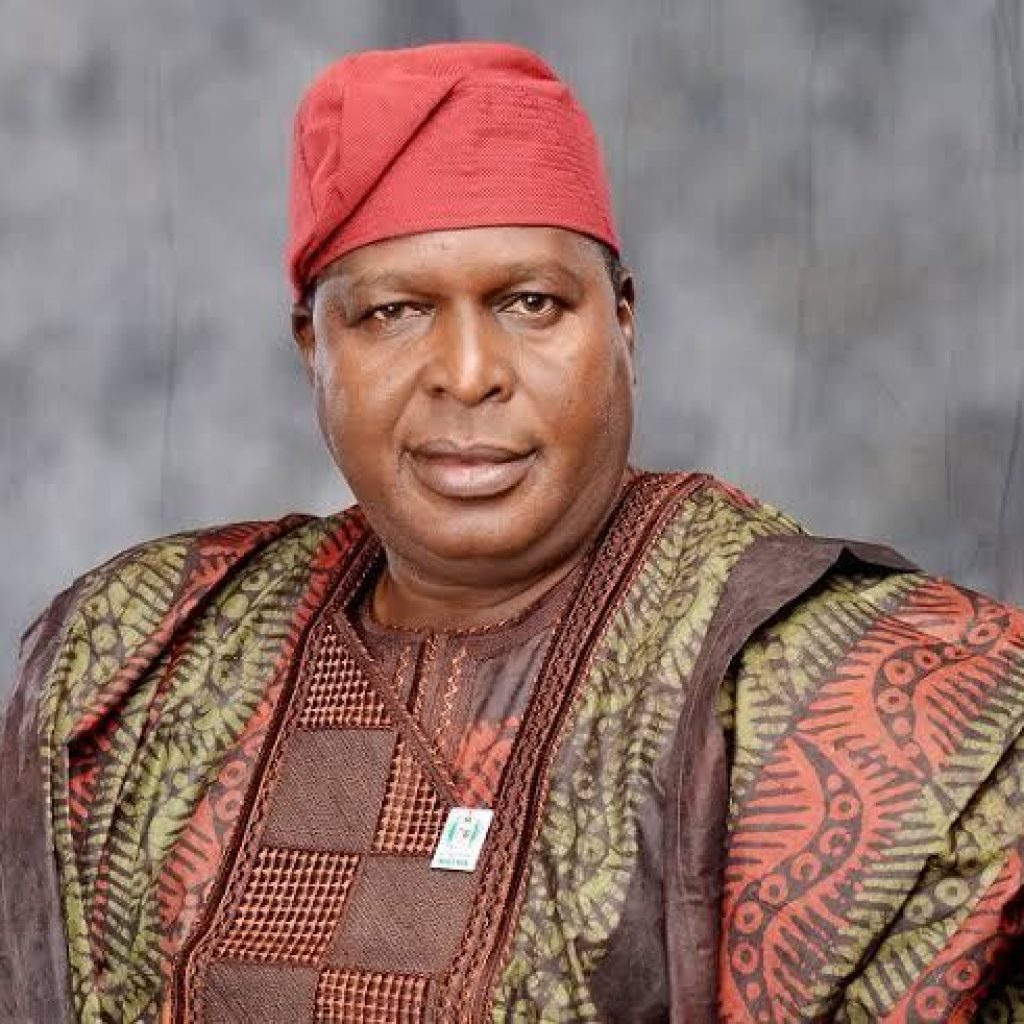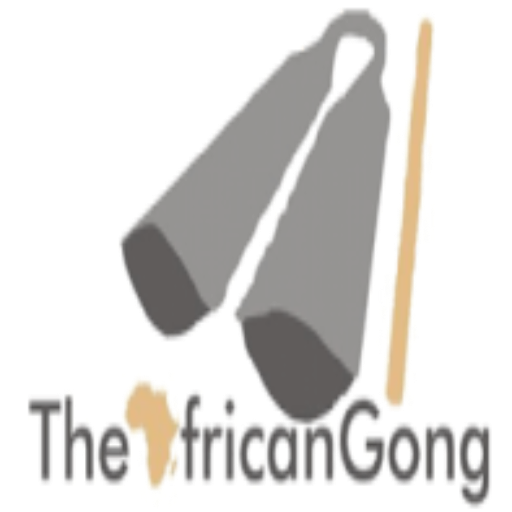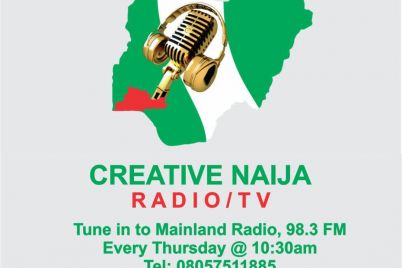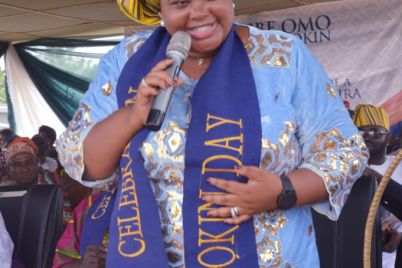
By Frank Meke.
Dr Olisa Agbakoba, Senior Advocate of Nigeria ( SAN), social critic, and former president of Nigerian Bar Association, turned up the heat on Nigerian leaders who neglect the welfare of Nigerians but would sing like nightingales about projects which have no direct impact on the welfare of the people.
The learned silk wondered how a worker who earns about a hundred thousand naira a month could cope when a bag of rice is sixty-five thousand naira, advocating for a people centric leadership and not the singsong of abstract economic metrics
” You know what I did in my office to cushion the effects of subsidy removal? I instructed the provision of breakfast and lunch all through the week for my workers, and I will advise our leaders to do good today so that they can walk freely on the streets tomorrow. It is good to do good to others instead of making promises and economic projections that may not align with the reality on ground, ” He sermonised.
The former NBA president spoke at the colloquium organised to celebrate the birthday of president of the Nigerian senate, Godswill Akpabio in Abuja, and attended by president Bola Ahmed Tinubu who listened with rapt attention to the socioeconomic and constitutional solution driven presentation by the highly cerebral lawyer..
Agbakoba’s presentation, which many national commentators afterwards described as bold and fearless, highlighted many potholes that should be avoided if we must get out of the economic woods, praising the initiative, and boldness of president Ahmed Tinubu over subsidy removal but insisted that the pains must be addressed and benefits felt by ordinary Nigerians but not through abstract palliatives which are not people centric.
His presentation significantly aligned with the robust welfare outreach by the Director General, National Council for Arts and Culture, ( NCAC), Otunba Segun Runsewe for the workforce at the prime culture agency of the federal government.
Apart from training and retraining exposure to key staff of the agency, Otunba Segun Runsewe, has turned the artistic Troupe of NCAC into one of biggest vehicle to showcase the dance economy of Nigerian culture, thus helping to boost their confidence and professionalism.
At the just concluded Nafest at 35 years review meeting in Abuja, a multi cultural band of NCAC spiced up the gathering with highlife, juju, and Afrobeats renditions which excited stakeholders made of 36 states commissioners of culture, permanent secretaries and Directors and including Federal Capital Administration.

Many of us who gyrated to musical interlude thought the band was contracted for entertainment at the culture event until Otunba Segun Runsewe revealed that the new acts were from NCAC.
The professional fulfilment by members of the band who are government culture workers can not be overemphasised, and this indeed is the enduring gain to serving Nigeria and giving practical lifeline to the survival of Nigerian culture workers.
Another culture workers centric welfare outreach was unveiled during the not too recent media tour of the iconic NCAC Culture House in Gudu, Abuja.
Though embellished with artistic works and mosaics, the three storey edifice with Nigeria flag mounted on the roof of the high-rise building powerfully dots the Abuja skylines and an embodiment of the Nigerian soul and spirit in cultural arts and tourism.
But that’s not just the iceberg. Otunba Segun Runsewe welfarest agenda and objectives revolved around the well-being of the workers, as demonstrated through the inauguration of a dedicated sick bay and a well stocked supermarket on the ground floor of the imposing edifice solely for the sake of the culture workforce.
His marshalling out the renewed hope focal agenda of president Ahmed Tinubu government and its practical interpretation is not just about providing a conducive working environment for the staff but also to factor in their welfare and health care, thus engendering high service delivery output for the culture sector.
The cost of food items such as garri, rice , vegetable oil, and other household utilities are very subsidised and
heavily discounted at NCAC supermarket where staff can purchase any item and pay later.
The buy and pay later option for those who may have needs but without immediate cash to offset their bills are practical demonstration of a leadership with people centric values and practical gains to the palliative structure in response to economic downturn and to the biting impact of subsidy removal.
To celebrate Nafest at 35, the same measures of engagement and welfare outreach were extended to the commissioners, permanent secretaries, and directors of culture, arts, and creative economy who smiled away with bags of rice, garri and vegetable oil, another cultural practical lifeline to encouraging welfarest templates by states cultural administrators to do good for culture workers in their respective domains.

The Cida Hotel Abuja Hall , Venue of the meeting, literally erupted into songs of gratitude to president Bola Ahmed Tinubu when otunba Segun Runsewe announced that same palliatives gifts must be given to all the drivers and aides of each state delegation to the Nafest review town hall meeting.
Though the cultural tourism media fully represented were engrossed in taking notes on these uncommon leadership values, they too looked forward to this revolutionary trend gaining ground in other agencies of government, some which would take care only the ogas and neglect the welfare junior staff.
And as the senior wig and silkDr Olisa Agbakoba rightly stated at the colloquium to mark the birthday celebration of Nigerian senate president, Nigerian leaders at all levels must learn to do good, so that they can walk freely on the streets during or after they have left office.
No wonder Segun Runsewe remains the Nigerian cultural revivalist and currency. He hardly needs the police or security agents to walk the streets or to stand behind him in at any public engagement everywhere for Nigerian cultural tourism development because the Nigerian people come first. Let those privileged to serve two hundred million Nigerians, kindly and sustainably do good to suffering Nigerians and give the renewed hope agenda of the president, a practical lifeline meaning.


